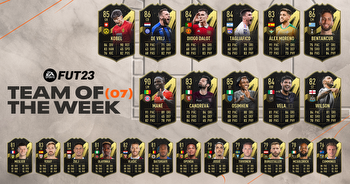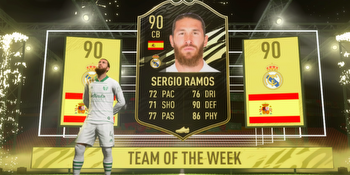are they to be considered as gambling?
Loot boxes, the controversial in-game monetisation systems, have undoubtedly been the subject of much discussion in the gaming industry recently. Even though loot boxes have been part of the gaming universe for generations, there is now a maelstrom of controversy on the classification of such loot boxes as traditional gambling which is triggering discussions for appropriate regulatory scrutiny to be applied.
The reaction of many European regulators to the loot box conundrum has been to analyse them critically under the microscope of existing gambling laws in an attempt to pigeonhole them into this category if certain criteria are fulfilled. However, before the Austrian regulatory authority was even able to take a clear position on the possible regulation of loot boxes, third party litigation funding firms took the lead and brought several cases before Austrian civil courts.
In one case, the Court of Appeal (Vienna Regional Court for Civil Matters, hereinafter the "Court") has now ruled in favour of the plaintiff by classifying FIFA’s loot boxes as gambling and recognizing the (real money) stakes in the game for which loot boxes were purchased as refundable for the players due the (de facto) online gambling monopoly existing in Austria.
The FIFA Ultimate Team ("FUT") mode allows players to improve their virtually-created soccer teams in various ways, one being the in-game purchase of FUT-packs using FIFA-points, which in turn can be purchased with fiat money, e.g., via the PlayStation Store. The FUT-packs contain a random set of digital items of three categories (bronze, silver, and gold) based on probabilities.
There is an exception for gambling in which these games of chances do not trigger any license requirements. Games of chance are not subject to the Austrian Gambling Act if:
- there are no "drawings" (Ausspielungen) within the meaning of the Austrian Gambling Act (i.e., a company organizes games of chances in return for a monetary stake and with the prospect of a monetary profit for the player), and;
- they merely serve the purpose of amusement and account for small amounts, or the games of chance are only carried out once to sell a tangible asset.
The main criteria for assessing loot boxes as games of chance were therefore whether a monetary stake (pay in) was used to acquire the digital content and whether the digital content received ultimately has a monetary value (pay out), i.e., whether it can be used to make a profit.
Whilst the – also controversial – question of whether the player used a monetary stake (purchasing FIFA-points with fiat money, whereby the player can also receive in-game coins by achieving certain goals) seems clearer, the decisive factor was whether the player was actually promised a monetary profit when purchasing FUT-packs. To this end, the Court had to examine whether and how a sale of the digital content is possible, whereby the Court stated that it is irrelevant who specifically holds out the prospect of profit.
Although the sale of FIFA-points or the digital content of the FUT-packs were prohibited in the T&C, the Court determined that there was a secondary (black) market for these products outside the game where they could be transferred. Despite all attempts such sales cannot entirely be prevented, meaning that the digital content can de-facto be traded. Yet even in the absence of such a secondary market, the value of the digital content would have to be based on the ‘capitalized value of potential revenue' (Ertragswert) or the ‘value of the production costs’ (Gestehungskostenwert), according to the Court. However, the Court considers the fact that an exorbitant effort (at least 4,000 hours) is required to alternatively gain some in-game winnings already as monetary value of the digital content, so that for an average player spending fiat money is the only realistic option to achieve the same result.
As (online) casino in Austria is subject to a monopoly, no other operator is authorized to offer such products on the Austrian market and as a result, any gambling contract with unlicensed operators is declared void and players' stakes (like traditional online gambling, e.g., slots losses) can be reclaimed.
In this milestone case, the Court explicitly allowed the ordinary appeal to the Supreme Court, as it recognized that:
- there is still no Supreme Court case law on loot boxes in Austria, and
- this (legal) question is of considerable importance beyond the individual case in view of the generally known widespread prevalence of such monetization in computer games and the very large number of players affected. No ordinary appeal to the Supreme Court has been filed against this appeal decision of the Court, meaning that it has become legally binding, yet this decision is not as significant as a Supreme Court decision.
This ruling obviously now raises the question of whether loot boxes from other games – under different circumstances – are also to be classified as gambling and whether the in-game purchases can therefore be reclaimed and must be refunded to the player. In our opinion, other in-game loot boxes cannot simply be treated in the same way as FUT-packs as other loot boxes are designed differently, the in-game earning options for digital contents are simpler, and there is no secondary market. The Court’s decision does therefore not necessarily apply to all in-game loot boxes, although it is a landmark decision that will certainly lay the foundation for further legal proceedings. The key points of the decision provide the basis of a case-by-case assessment for other loot boxes.
Furthermore, the classification as gambling may not only lead to players reclaiming their fiat money stakes from the in-game store but may also have tax consequences for operators offering loot boxes (possible application of gambling law taxation).





































